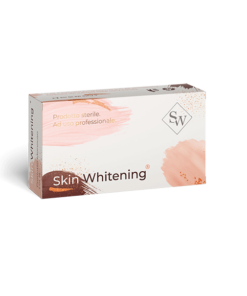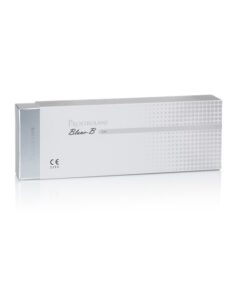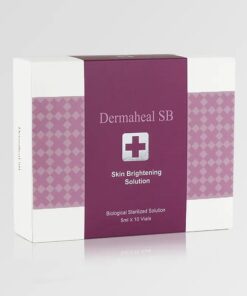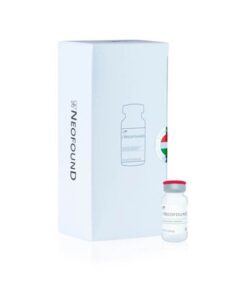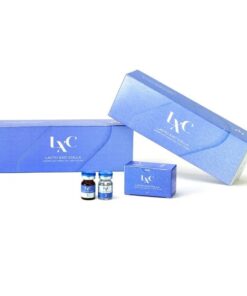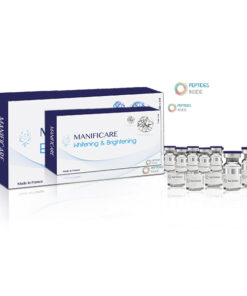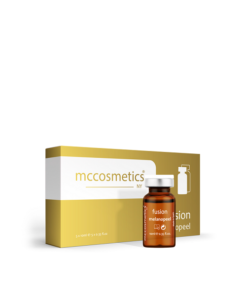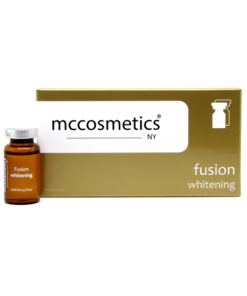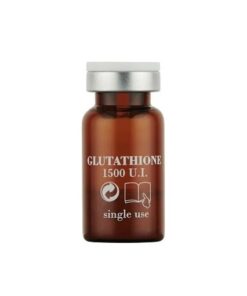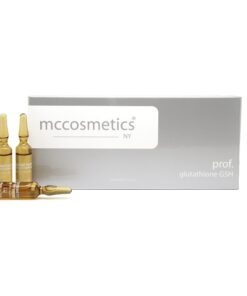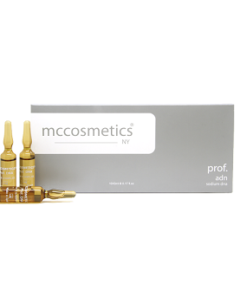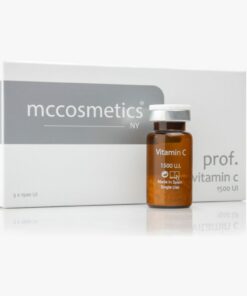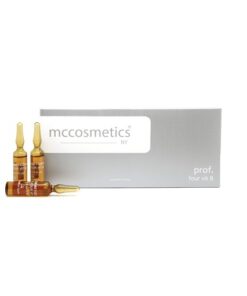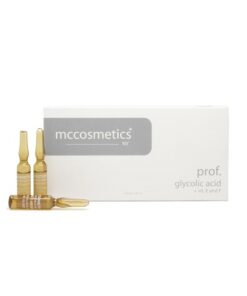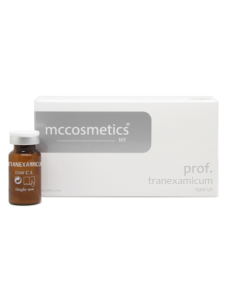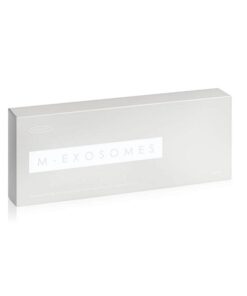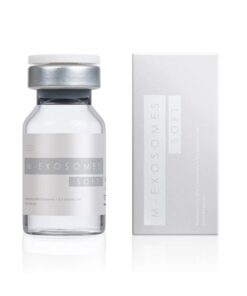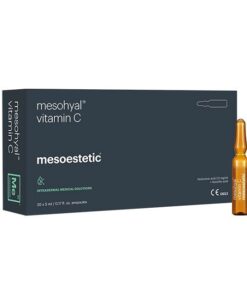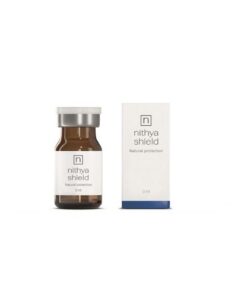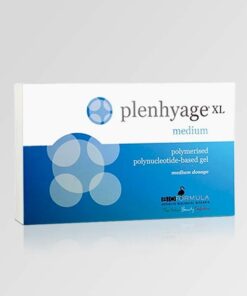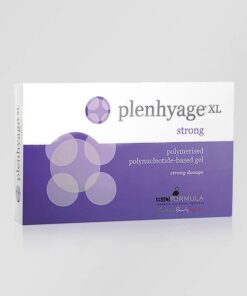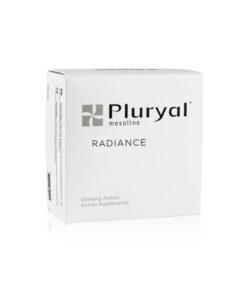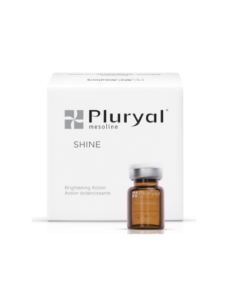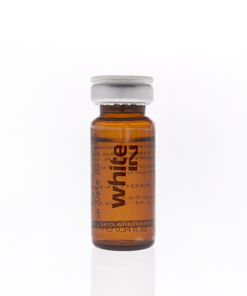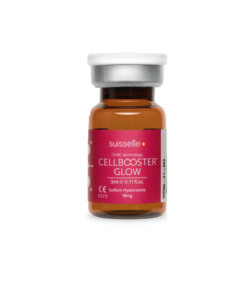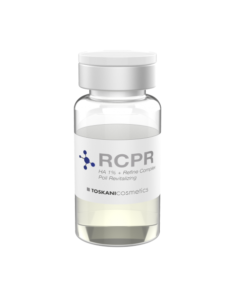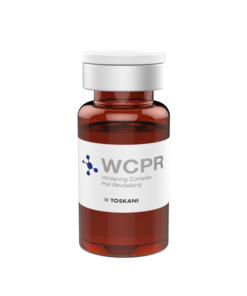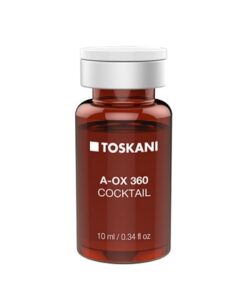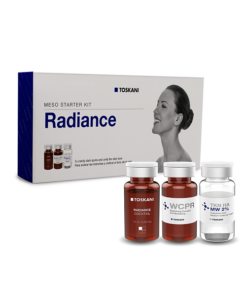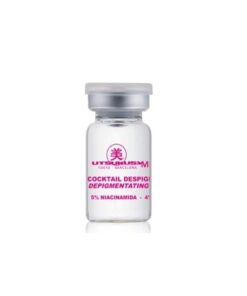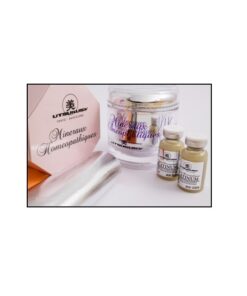Hyperpigmentation
Hyperpigmentation
Hyperpigmentation
Acne Scars Treatment
Hyperpigmentation
Hyperpigmentation
Hyperpigmentation
Hyperpigmentation
Alopecia
Acne Scars Treatment
Acne Scars Treatment
Acne Scars Treatment
Acne Scars Treatment
Hyperpigmentation
Hyperpigmentation
Acne Scars Treatment
Plenhyage | Plenhyage XL Medium (1 syringe x 2ml.) | PDRN | Polynucleotides
Acne Scars Treatment
Plenhyage | Plenhyage XL Strong (1 syringe x 2ml.) | PDRN | Polynucleotides
Acne Scars Treatment
Hyperpigmentation
Hyperpigmentation
Acne Scars Treatment
Hyperpigmentation
Antioxidants
Antioxidants
Hyperpigmentation
Pigmentation
Pigmentation is the process of formation and distribution of pigment in the tissues of the body. In the skin, pigmentation occurs due to melanin, a pigment that provides color to the skin and protection from sunlight.
In normal conditions, skin pigmentation is uniform, but it can be disrupted due to various factors (sun exposure, hormonal changes, skin trauma, etc.). This can lead to the appearance of spots on the skin of various shapes, sizes, and colors.
There are different types of skin pigmentation:
— Physiological pigmentation is the natural pigmentation of the skin, dependent on genetic factors and race.
— Post-traumatic pigmentation appears at the site of skin damage, after burns or injuries.
— Sun-induced pigmentation arises due to prolonged exposure to ultraviolet rays on the skin, manifesting as spots and freckles.
— Hormonal pigmentation is associated with a disturbance in hormonal balance in the body, occurring in women during pregnancy or when taking hormonal medications.
The treatment of pigmentation depends on its type and the cause of its occurrence. Some types of pigmentation may fade on their own, but in most cases, it is necessary to consult a cosmetologist.
Treatment may include the use of cosmetic products that you can always buy from us at Cutis Medical, laser therapy, cryotherapy (freezing of pigmented spots), chemical peels, and other methods.
Cosmetic products can be effective in treating some types of pigmentation, especially in mild cases. They are mainly used to lighten the skin, reduce pigmentation intensity, and even out skin tone.
Some of these products contain active ingredients that help reduce the production of melanin, responsible for skin color.
Vitamin C creams are antioxidants that can help reduce melanin production and diminish pigmentation.
Niacinamide creams contain vitamin B3, which helps improve skin texture and reduce melanin production.
Cosmetologists may want to consider products such as:
Caregen Prostrolane Blanc-B – a peptide blocker with hyaluronic acid for toning, whitening, and facial and neck biorevitalization, initiating regenerative processes in the skin by stimulating its renewal.
MC Glutathione GSH – possesses antioxidant and anti-inflammatory actions, prevents skin aging, and has a pronounced lightening effect.
When choosing cosmetic products for treating pigmentation, it is essential to consult a specialist, as some ingredients may cause allergic reactions or side effects.



